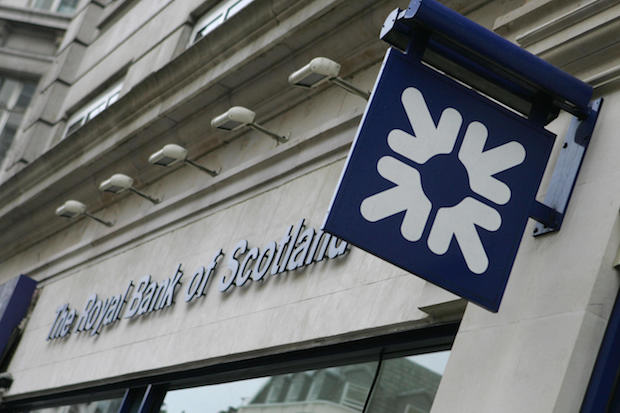At last the government has restarted the process of selling its stake in Royal Bank of Scotland. A first £2 billion sale in 2015 (of 5 per cent of the bank’s shares) took place at 330 pence per share, against a purchase price of 502 pence in the 2008 bailout. Those numbers looked so embarrassing for George Osborne that the sell-off file was consigned sine die to a Treasury basement; but now that RBS has returned to a slim profit after nine years of losses, Philip Hammond sold another £2.5 billion tranche on Monday, ahead of what his advisers evidently think will be a weaker stock market after the European summit, but at an even worse price of 271 pence.
That’s a notional loss of £3 billion on the two sales so far, with 62 per cent of the bank still in public ownership. The plan, we’re told, is to sell annual tranches over the next five years until the holding is reduced to zero. But the overhang of shares waiting to be sold, combined with continuing negative sentiment towards all UK bank shares, plus goodness knows what turbulence in the economies and markets where RBS operates between now and 2023, mean the selling price is highly unlikely ever to reach the margin above £5 that would create an overall break-even for the taxpayer — as was achieved in the sell-off of the smaller and less troublesome Lloyds stake.
A fair guess might be a final loss of a third of the £45 billion injection that was required to keep RBS alive. That was a price worth paying, arguably, if it held off the chaos of a meltdown of the banking system: just think of the number of ways governments can waste £15 billion with no positive impact at all. Let’s hope what emerges by 2023 is not merely today’s RBS unchained, but something more progressive, customer–friendly and worth owning shares in. Better still, once it’s back in the private sector, there will be an opportunity to advance a demerger of NatWest in England, Coutts in wealth management and RBS in Scotland. That, I suspect, really would be a positive result for customer and shareholder alike.







Comments